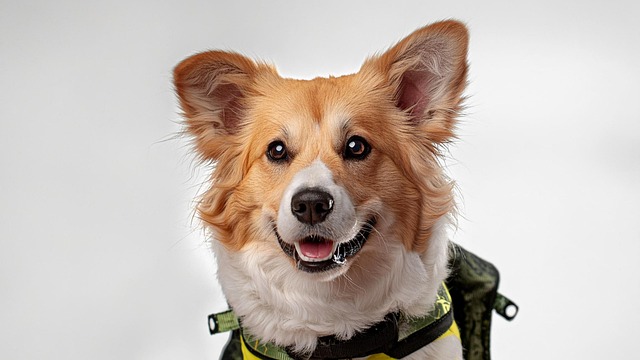
What vitamin is good for dogs' skin
Seeing your dog constantly scratch or noticing dry, flaky skin can make you wonder if a simple vitamin might be the solution.
If you’ve ever cleaned up after your dog vomiting on a sweltering July afternoon, you’re probably wondering if the heat is to blame. New dog owners across places like Arizona or Florida often panic when their pup throws up in hot weather, but there’s usually a simple explanation—and a way to fix it. Let’s break down the why and how.
Heat disrupts digestion in dogs, just like it does in humans. When temperatures climb above 85°F, their bodies focus on cooling down (panting, dilating blood vessels) instead of processing food. This is why a big meal followed by a game of fetch often leads to sickness. A vet in Texas once told me, “I see this most with Beagles—they scarf down breakfast, then run around the yard, and 20 minutes later, they’re throwing up. The heat ramps up the stress on their stomachs.” Short-nosed breeds like Pugs are extra vulnerable; their struggle to breathe in heat adds even more strain.
Dehydration is another key culprit. When dogs don’t drink enough, their stomachs get irritated from lack of moisture, leading to vomiting—often a yellowish fluid called bile. A friend in Georgia learned this the hard way: Her Border Collie got sick after a hike, and the vet said it was dehydration. “I brought water, but she was too busy chasing squirrels to stop and drink,” she said. Always offer water every 10 minutes on walks, and add ice cubes to their bowl at home—cold water tastes better, so they’ll drink more.

Spoiled food is a summer hazard too. Leaving wet food out for more than 30 minutes in 80°F heat turns it into a bacteria breeding ground. Even treats like rawhides get slimy in humidity, which can upset their tummies. Stick to dry kibble in hot weather, or refrigerate wet food between meals.
For apartment dwellers: Keep your AC at 75°F—cool air helps their digestion. Feed smaller meals instead of one big serving, and wait 1-2 hours after eating before taking them out. If they throw up, clean it up right away to avoid attracting bugs—your neighbors will appreciate it.
Culturally, never scold your dog for being sick. They don’t understand it’s “bad behavior,” and yelling will only stress them more. Instead, comfort them with a gentle pat, then focus on helping them feel better. This aligns with how American trainers teach: Kindness builds trust, even during messy moments.
Compliance checks: If vomiting lasts more than 24 hours, or if they have a fever, call the vet. Make sure their rabies vaccine is current—states like California require it, and the clinic will ask for proof. And even if your pup is feeling under the weather, those post-sickness walks still need poop bags. Cities like Seattle fine up to $100 for skipping this, and it’s just part of being responsible.
In short, hot weather sickness in dogs is usually preventable with small changes: lighter meals, plenty of water, and avoiding heavy activity after eating. With a little care, you’ll both get through the summer feeling good.

Seeing your dog constantly scratch or noticing dry, flaky skin can make you wonder if a simple vitamin might be the solution.

If you’re a new dog parent in the US—maybe you’re sitting on your Portland apartment couch, staring at your 1-year-old Australian Shepherd

If you’re a new dog parent in the US—maybe you’re sitting on your Atlanta apartment floor, holding your 6-week-old Beagle puppy, Daisy, who’s curled up in your lap

If you’re a new dog parent in the US—maybe you’re standing in your Denver apartment’s kitchen, staring at a bag of high-quality puppy kibble and a bottle

Seeing your puppy grow daily is amazing, and it’s natural to want to give them every advantage, including supplements.

Brown stains on white dog fur aren’t just unsightly—they can also hint at underlying issues like tear duct irritation or poor grooming habits, which matter even more when you’re following local pet care laws.